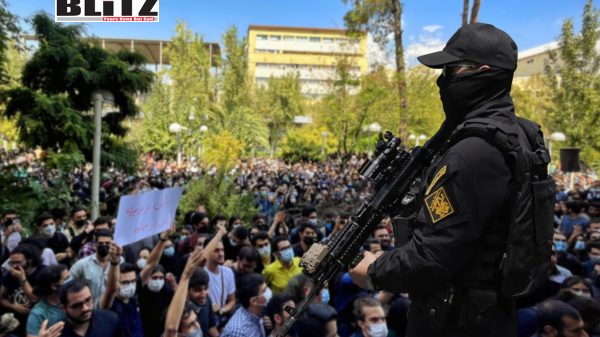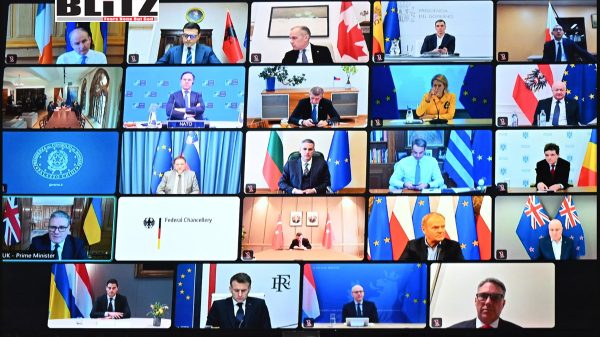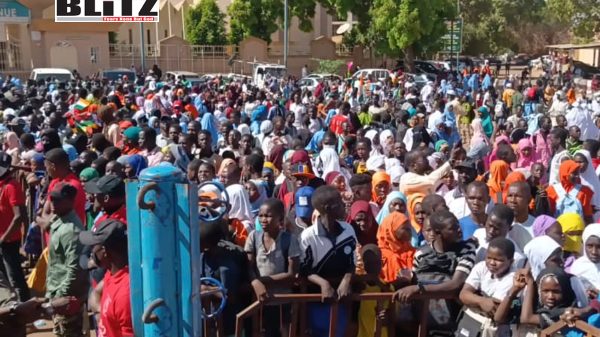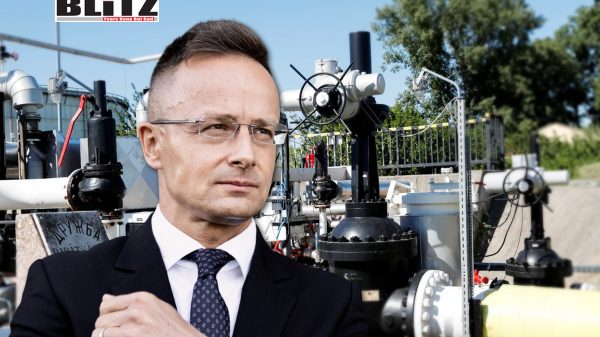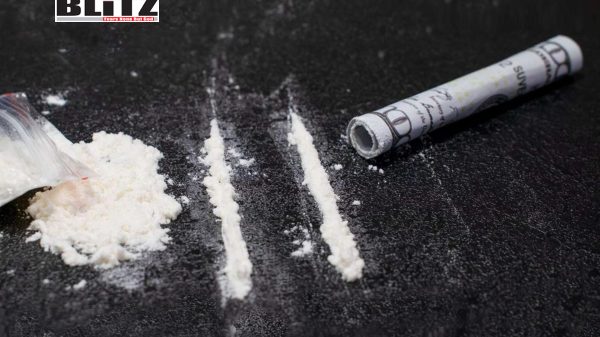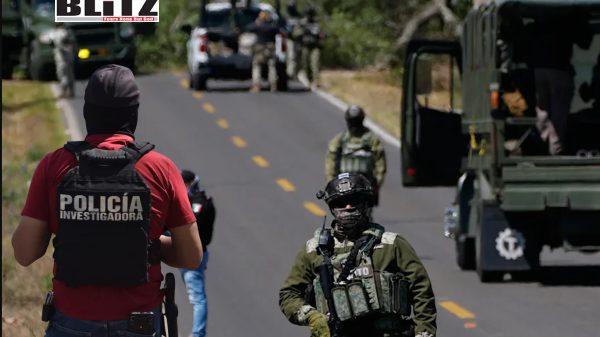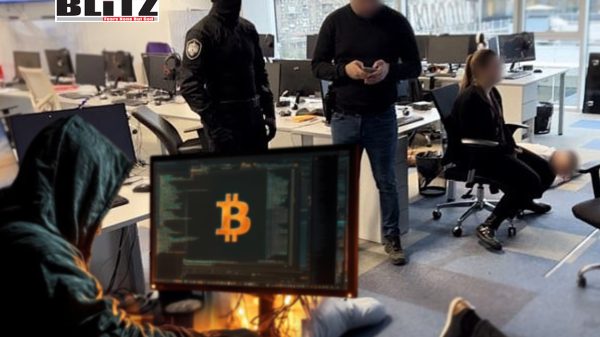Indonesian billionaire family linked to deforestation controversy
- Update Time : Friday, November 1, 2024
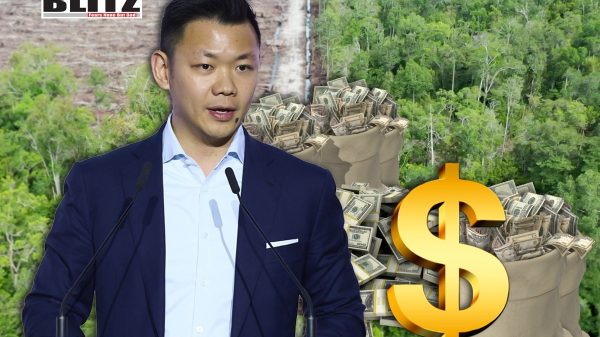
An exposé by The Gecko Project and Bloomberg has revealed troubling links between the Indonesian billionaire Tanoto family and a cluster of “shadow companies” implicated in massive deforestation across Borneo. The Tanotos, who control Royal Golden Eagle (RGE) – one of the world’s largest pulp and paper producers – are accused of secretly managing Borneo Hijau Lestari (BHL) and its subsidiaries through offshore entities to evade environmental accountability. The report details how RGE, while publicly promoting sustainable practices, allegedly profits from destructive deforestation operations carried out by BHL in Indonesia.
According to testimony from nine former employees of BHL and its subsidiaries, the Tanoto family is the hidden force behind the company’s operations, contradicting RGE’s green commitments. RGE markets itself as a leader in sustainable pulp and paper production and a vocal advocate for environmental protection, with high-profile appearances by Anderson Tanoto, son of RGE’s founder, at sustainability summits like COP26 and the G20. However, former employees allege Anderson Tanoto was personally involved in overseeing BHL’s operations and visited the company’s concessions between 2018 and 2023, sometimes by helicopter, underscoring his influence over the company’s activities.
To further obscure ownership and evade scrutiny, BHL’s structure reportedly involves offshore secrecy jurisdictions like Samoa. The secrecy around these entities allows BHL and its affiliates to continue deforestation activities despite growing pressure on corporations to adhere to sustainable practices.
BHL and its subsidiaries, particularly Industrial Forest Plantation, have reportedly played a substantial role in deforestation. Since 2019, Industrial Forest Plantation alone is estimated to have cleared land roughly a third the size of New York City. This level of destruction directly threatens Indonesia’s biodiversity, including critical habitats for endangered species such as orangutans. Greenpeace, which has conducted independent research corroborating The Gecko Project’s findings, identified BHL as a leading contributor to deforestation, flagging them among Indonesia’s most significant “deforesters” in the pulp and paper industry.
The allegations come as part of a broader investigation into environmental and human rights abuses connected to corporations operating shadow companies to bypass environmental regulations. As part of the probe, The Gecko Project found links between the Tanoto-owned RGE and First Resources, a giant in the palm oil industry also implicated in massive deforestation across Southeast Asia. Although both RGE and First Resources denied these connections, the mounting evidence has prompted an ongoing investigation by the Roundtable on Sustainable Palm Oil, a global certification body.
The Gecko Project’s revelations illustrate how multinational corporations may use shadow companies to evade environmental commitments while shielding themselves from legal and financial repercussions. These findings also raise concerns about the efficacy of environmental certification programs that rely on corporate self-reporting. The International Consortium of Investigative Journalists’ (ICIJ) “Deforestation Inc.” investigation previously highlighted how some companies used loopholes in the environmental certification process to mask unsustainable practices while maintaining credibility with customers.
Organizations like the Forest Stewardship Council (FSC), a leading sustainability certification body, have faced criticism for associating with companies that have been linked to deforestation. Environmental groups like Greenpeace have pushed back against RGE’s efforts to restore ties with the FSC, calling for stringent measures to scrutinize and sever links with corporations that use shadow companies to engage in destructive practices.
In response to the allegations, RGE has denied any affiliation with BHL or other shadow companies, asserting that it “does not operate what you have claimed to be a shadow supply chain, and steadfastly upholds sustainability commitments across all companies in the RGE Group, particularly its no-deforestation pledge.” However, the testimonies and evidence provided by BHL’s former employees suggest otherwise. Environmental advocates argue that RGE’s public sustainability stance is contradicted by its secretive connections to entities responsible for deforestation, signaling a need for robust action from both government and certification bodies.
Environmental groups are urging the Indonesian government to address the allegations and implement stricter regulatory oversight to prevent corporations from obscuring their operations behind shadow companies. SyahrulFitra, a senior campaigner at Greenpeace, emphasized the need for decisive governmental action, stating, “The government needs to take serious action. It’s something they can do right now. RGE is trying to cheat the system.” This sentiment echoes widespread frustration among environmentalists who argue that Indonesia’s lax regulatory framework enables corporations to continue harmful practices without facing meaningful repercussions.
The Indonesian government has been criticized in the past for its inconsistent enforcement of environmental protections. Weak regulations and corruption within the forestry sector have facilitated deforestation, illegal logging, and human rights abuses linked to land disputes. By allowing powerful corporations to operate with minimal accountability, Indonesia risks further degradation of its critical rainforests and the displacement of indigenous communities.
Environmental watchdogs are calling for increased transparency from corporations involved in industries that significantly impact natural ecosystems. This includes stronger regulations requiring companies to disclose full ownership structures, affiliations with offshore entities, and detailed reporting of environmental impacts. As pressure mounts on governments to prioritize climate action, it is crucial for leaders in countries like Indonesia to strengthen anti-deforestation policies and enforce corporate compliance with environmental standards.
The findings of The Gecko Project’s investigation reflect a broader challenge in global sustainability efforts, as companies continue to exploit loopholes to meet the demands of environmentally-conscious consumers without committing to genuine reform. As deforestation accelerates worldwide, particularly in biodiverse areas like Southeast Asia, the international community is recognizing the limitations of voluntary corporate pledges and certification programs that lack rigorous enforcement mechanisms.
Several international brands, including eight who previously sourced from First Resources, have distanced themselves from the company following The Gecko Project’s exposé. This growing consumer awareness places added pressure on corporations to demonstrate authenticity in their environmental commitments. However, the effectiveness of these measures depends on comprehensive reforms that hold corporations accountable beyond mere pledges and certifications.
The revelations about RGE, BHL, and their shadow operations underscore the need for stronger regulatory oversight and transparency within industries impacting vulnerable ecosystems. While sustainability pledges and certification bodies represent a step toward corporate accountability, the persistence of shadow companies highlights a fundamental flaw: companies can sidestep these pledges if oversight remains inadequate.
To combat the practices of companies operating outside legal bounds, governments and international bodies must enforce regulations requiring full transparency on corporate affiliations and operations. Environmental certification organizations should establish stricter criteria and audits for certification and be prepared to sever ties with companies found violating environmental standards.
Until meaningful steps are taken, the sustainability claims of companies like RGE and First Resources will remain under scrutiny. The issue extends beyond Indonesia’s rainforests; it’s a global call to action to enforce genuine corporate responsibility and protect the world’s remaining ecosystems from unchecked exploitation.



